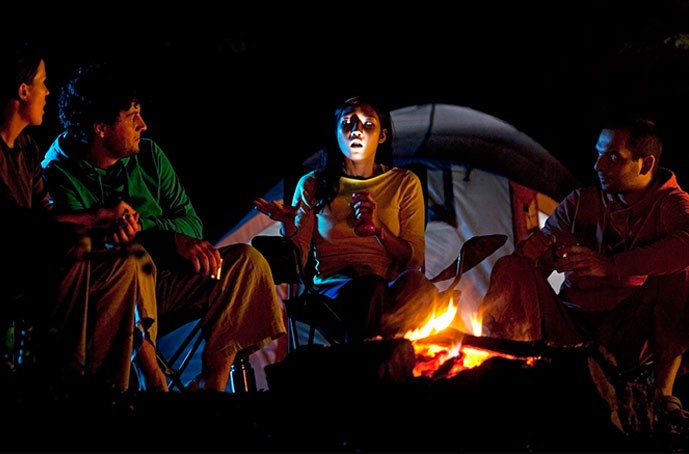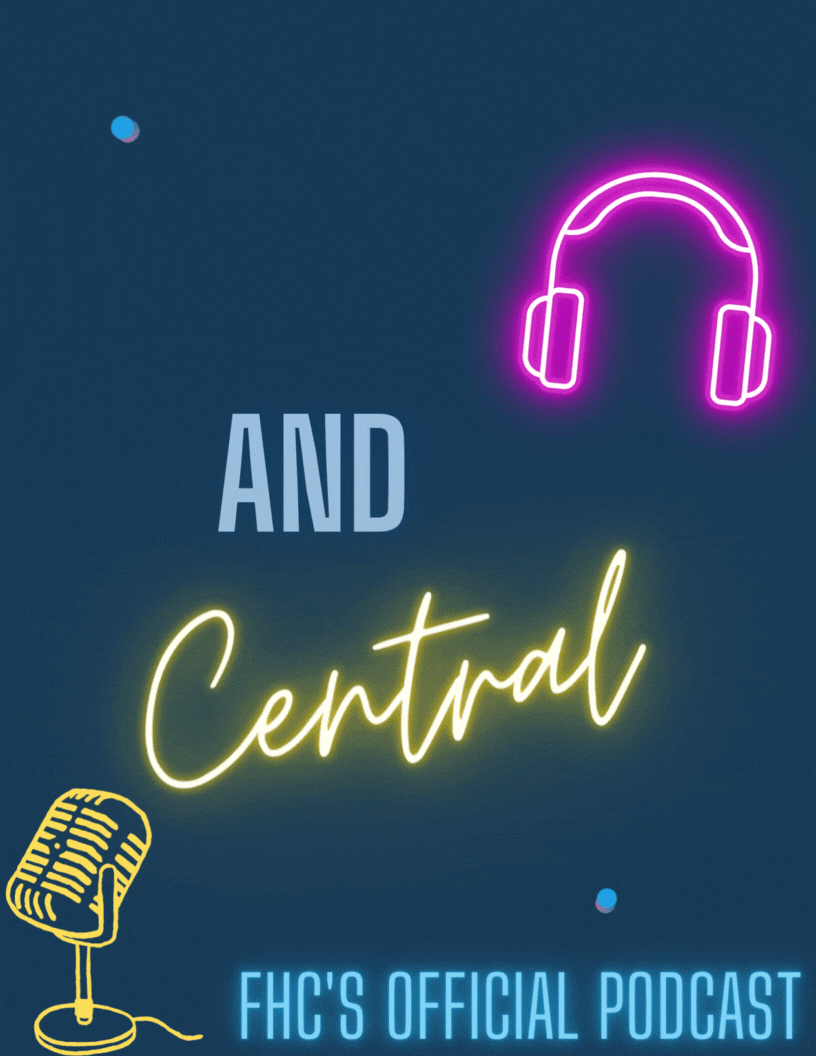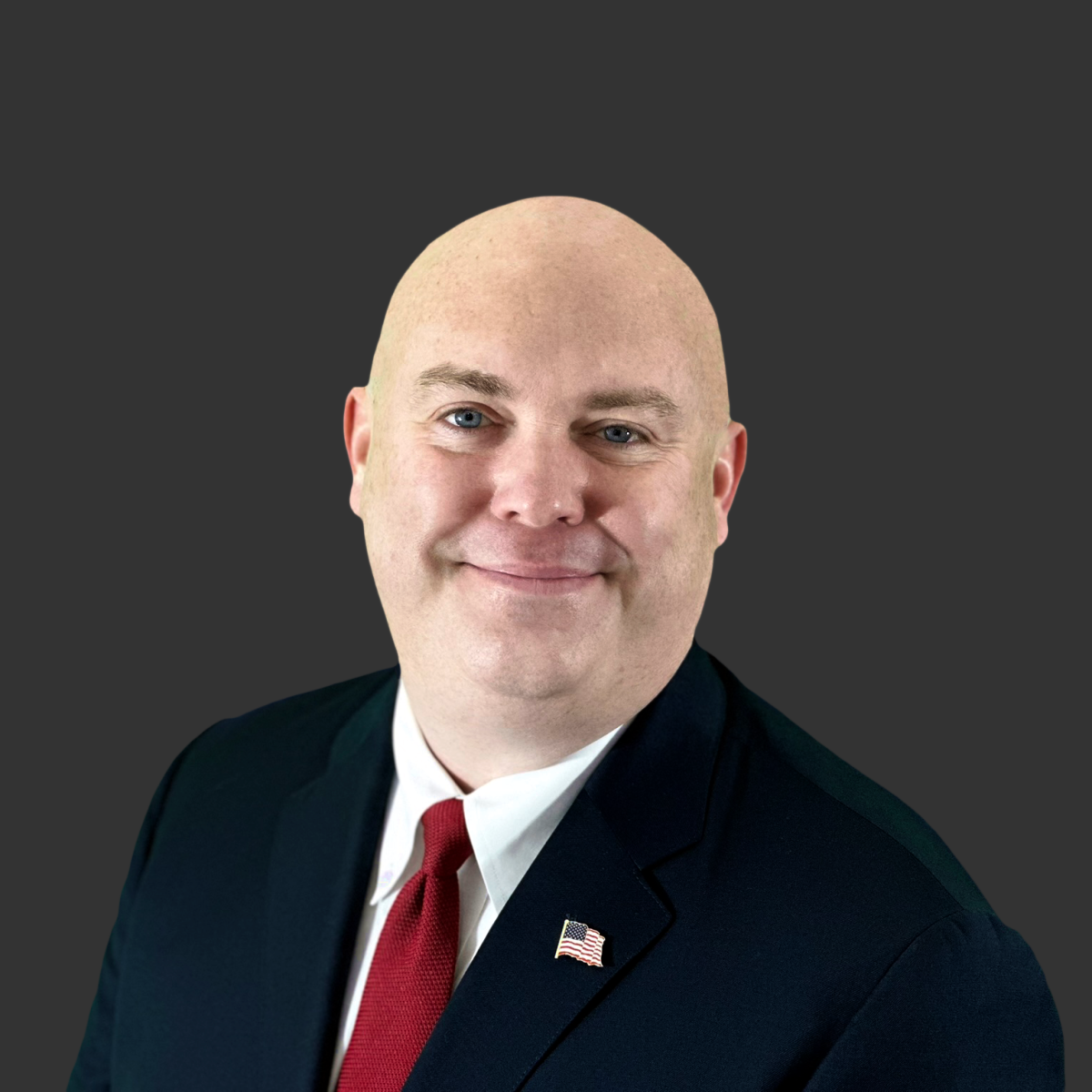When I was a little girl, I once handed my parents a piece of paper that had “I don’t like sports” written on it in every color of marker provided to me by the good people at Crayola. I never had knee high hot pink soccer socks that lit up the field as I chased a ball, I never wore headbands to restrain my flyaways when I shot free throws, and I never stuck my tasteless Big League Chew under the bench as I went up to bat. I didn’t like sports, so I didn’t play them.
I did for a period of time, however, dance. I took both ballet and jazz in a small studio within walking distance of my house. While I enjoyed doing mediocre split leaps across the wooden floor of the studio (which has since been renovated into a liquor store), I was cursed with shyness and never performed in a single recital.
This crippling fear of crowds has subsided somewhat since elementary school, as in middle school I participated in Spirit Team as a cheerleader, and eventually became a spirit leader. We performed once or twice a year at pep assemblies and at a Spirit Team showcase night for our parents. I hated it and only did it to make friends, but I do owe my cheerleading experience some thanks for functioning as a bridge to bigger and better things.
I have done marching band all four years, whether it was marching with a sousaphone on my shoulder or conducting from on top of a podium. Marching band shows incorporate the traditional brass, woodwind, and percussion players, but they also feature a lesser-known group of talented individuals: the color guard.
I never paid much attention to them before my junior year; in fact, I hailed them as “the deaf and blind” who recklessly swing their flags directly in my path and nail my tuba as I try to cross the field. Much has changed since then. In the first few measures of my junior year show, “Believe,” the entire band and guard had synchronized dance work, choreographed to portray the emotional nature of the show. Drum major at the time alum Jazmyn Burnitt-Erp told me that my dancing skills were exemplary, and I took the compliment to heart. I worked on the choreography with my section, perfecting each hand motion, each lunge. I was darn good at it.
And I enjoyed it. That was the coolest part. I actually enjoyed dancing. This lead me to inquire how I could pursue the activity further. I’d had no classical training since first grade, so surely I would not fit in in a studio setting amongst people who have been dancing since they could walk. The Sensations had already auditioned and the team was already set (although watching them do their thing, I recognize that I would be capable of little more than walking onto the floor, maybe striking a pose or two, and walking out). The search couldn’t end there, could it? I had a gift, people, a hidden talent that must be shared with the world! Was I cursed to wonder “what if,” while doing tendus and degages in secrecy?
Nah. After the fall season is over and the marching band’s duties are done, the band program splits into two winter programs: winter drumline and winter guard. Percussionists flock to the winter drumline auditions, and woodwind players and guard girls fill the slots for winter guard. Junior year, I found myself in the second group, fumbling a six-foot flag and prancing awkward laps around the gym. Somehow, I made the team.
This season is my second season of winter guard and I have not regretted a single moment. I have spent countless hours perfecting my tosses and practicing my jumps, all just for five priceless minutes of exhilarating performance. And what follows that short period of excitement is the beginning of yet another week, two weeks, three weeks of scrutinizing every misplaced hand, every half-pointed toe, every errant flag. All for five minutes. Five minutes of communicating an intimate secret with a crowd of strangers, five minutes of sharing all that you are with people who know nothing about you, five minutes of telling a story never told before and never to be told again the exact same way. You’ll fix something, you’ll change something. You’ll nail that toss, you’ll be less shaky when you land your split leap. You can’t be perfect, you can only be better. This is something I’ve struggled with for years.
This strive for unattainable perfection brought me back to a quote I read and have carried with me since sophomore year. This quote came from a 1999 commencement speech from Mount Holyoke College given by author Anna Quindlen. My AP Language teacher, Miss Laurie Fay, provided this speech for us to take home and analyze. Unbeknownst to her until about two weeks ago, I devoured this speech word by word, and it completely altered my way of life. Quindlen writes about how as a student, she was absolutely perfect. If there was a test to be taken, she had studied for it. If there was a paper to be written, it was completed. She admits that she was so involved in school for reasons completely unknown to her. Near the end of her admonishment of her hard working former self, Quindlen warns her audience of similar young women:
“… someday, sometime, you will be somewhere, maybe on a day like today–a berm overlooking a pond in Vermont, the lip of the Grand Canyon at sunset. Maybe something bad will have happened: you will have lost someone you loved, or failed at something you wanted to succeed at very much.
And sitting there, you will fall into the center of yourself. You will look for that core to sustain you. If you have been perfect all your life, and have managed to meet all the expectations of your family, your friends, your community, your society, chances are excellent that there will be a black hole where your core ought to be.”
This absolutely terrified me. As a sophomore, I had already piled on the AP and honors classes, and was involved in several extracurriculars. But I didn’t know why. Quindlen taught me that I was missing some big, important piece of the puzzle, that I could never be perfect until I started doing things that I cared about and cultivating an inner self to sustain me when no one else was around. Guard has been a crucial element in this effort, as well as several other aspects of my life. It is this conscious focus on developing a sense of self that has helped me to learn what happiness is, and that has reassured me that I will continue to have it for as long as I maintain it. Regardless of tenuous relationships, regardless of financial stability, regardless of political turmoil, I have formed an unshakable yet constantly evolving idea of who I am, and I believe that because of this, happiness is limitless.
Enlightened? Enraged? You can email me at sweeeeeens@gmail.com, or tweet at @sweeeeeens. Thanks for reading!





